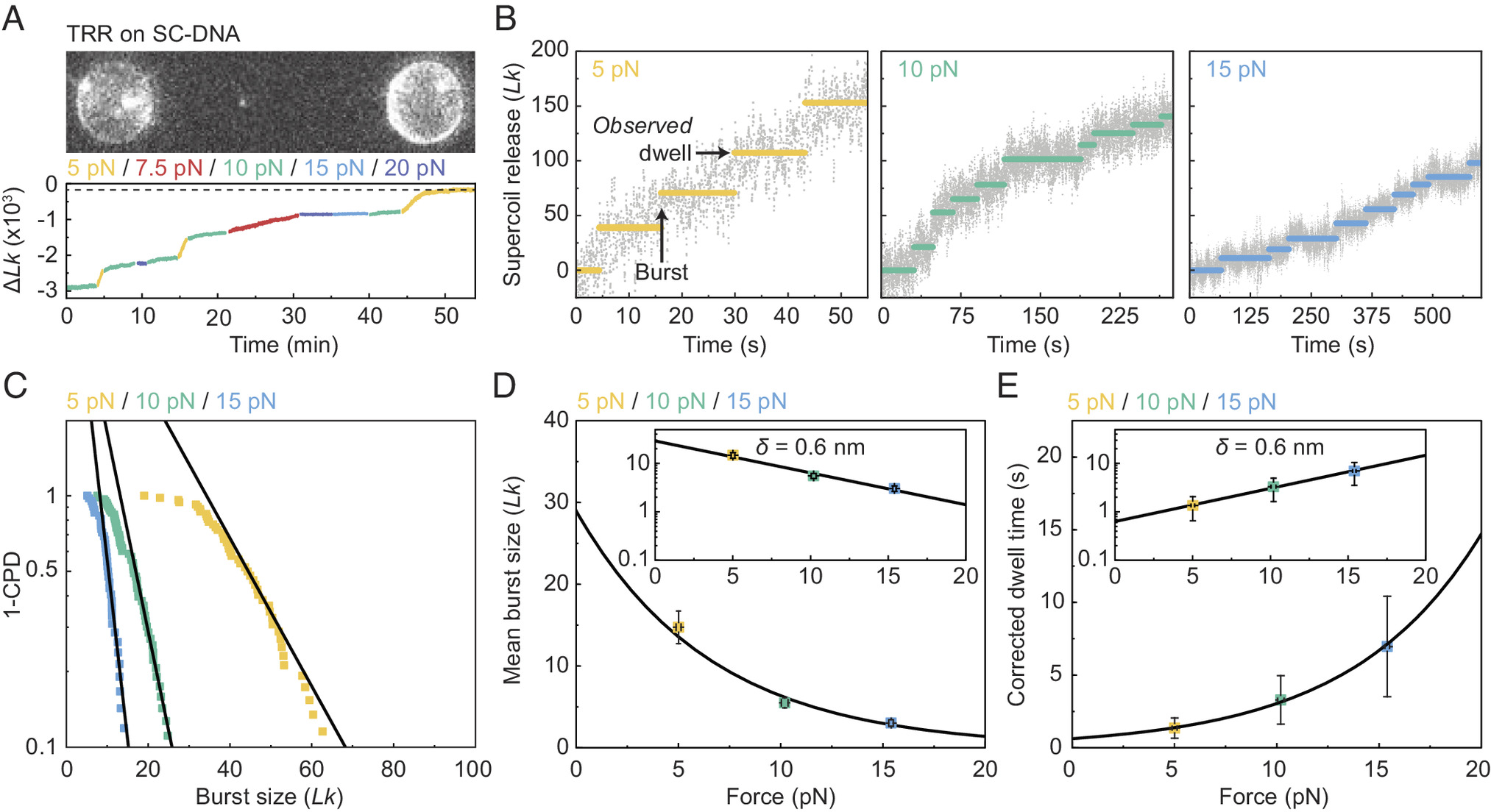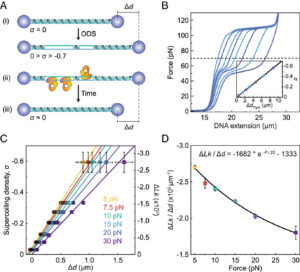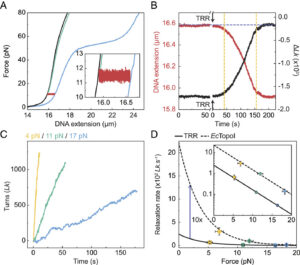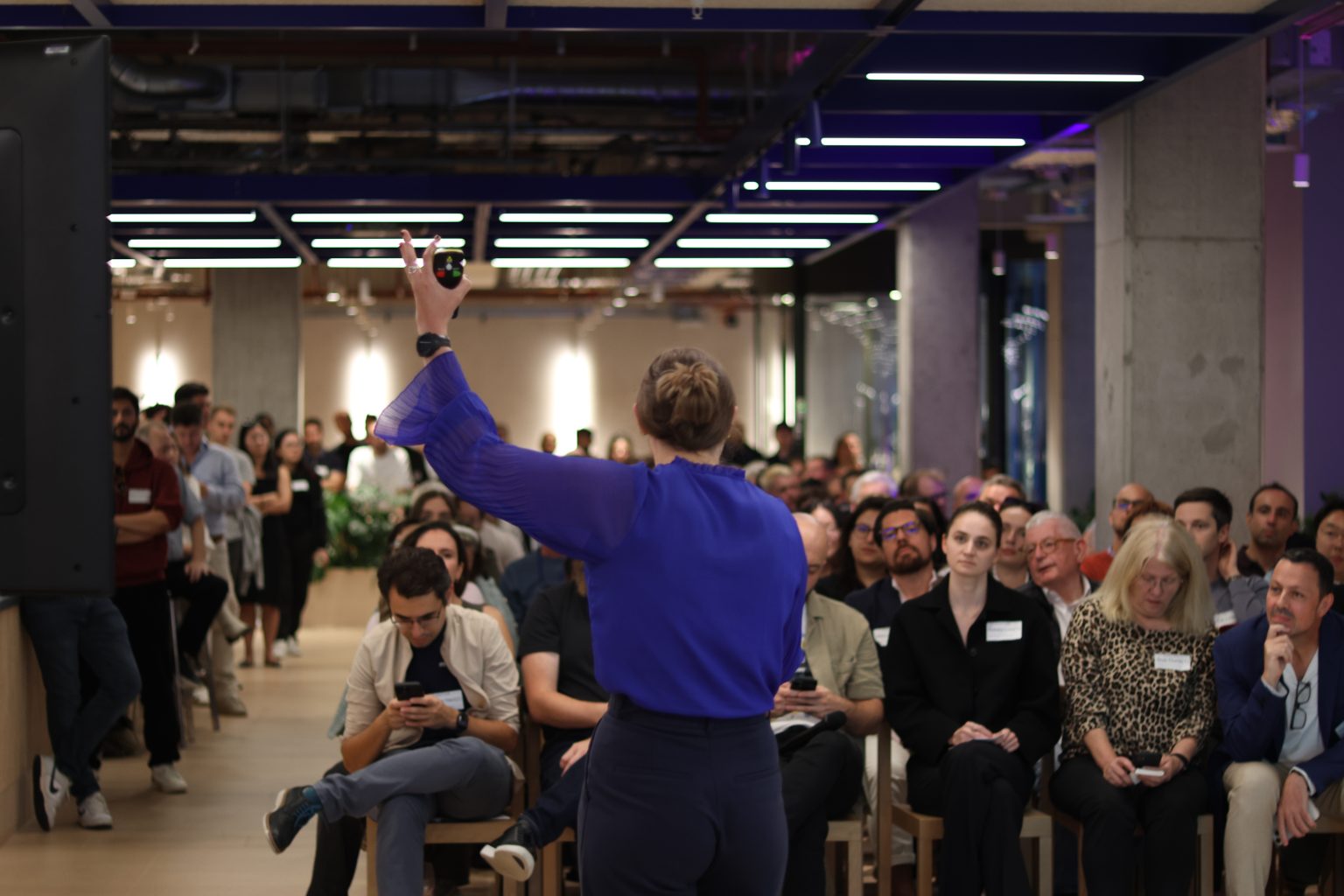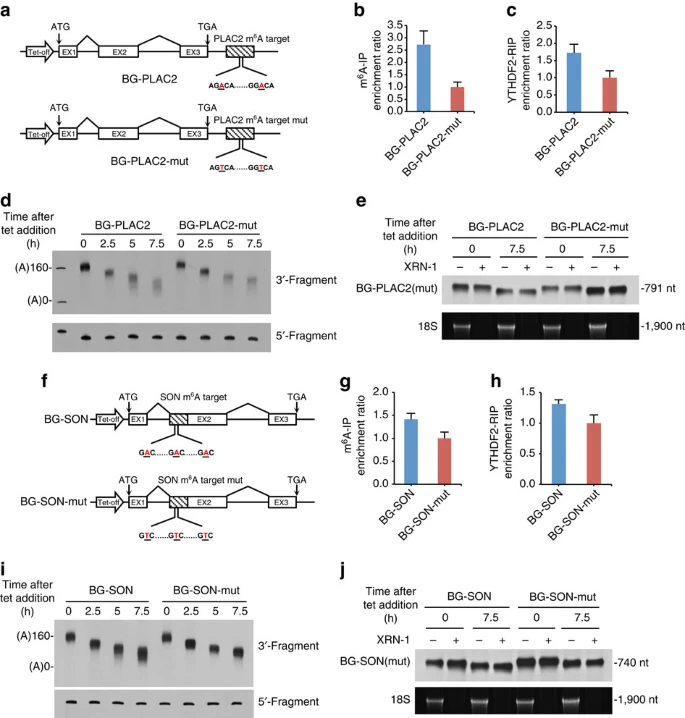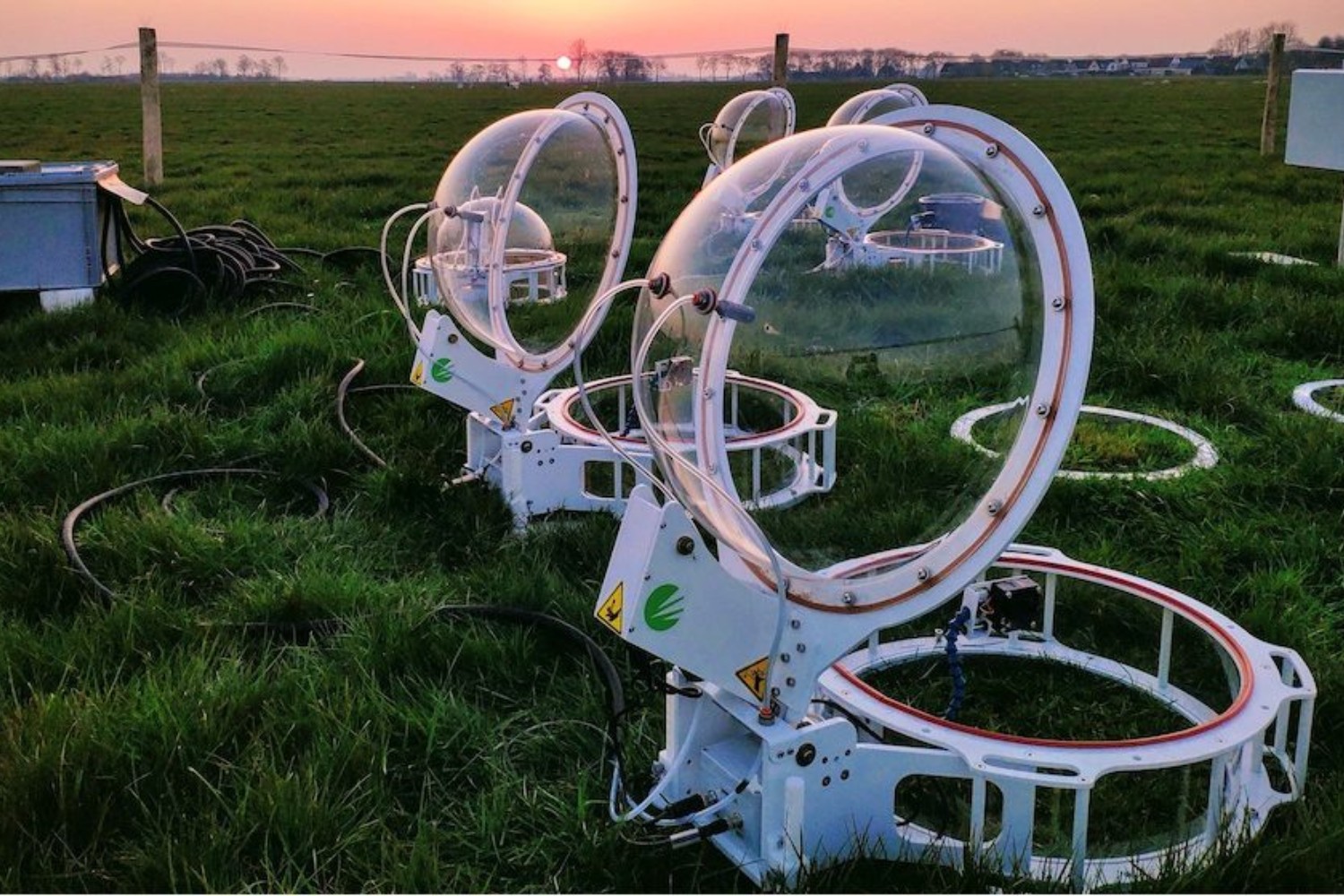ISCB-UK 2026 welcomes abstract submissions featuring research at the forefront of bioinformatics and computational biology. We encourage the submission of original work for consideration for oral and/or poster presentation.
All presentations are categorized based on scientific topics, ensuring a cohesive organization of talks and posters. Please ensure that your abstract communicates a scientific result and refrains from serving as an advertisement for any commercial software package or products.
ISCB-UK 2026 provides a leading platform for presenting groundbreaking research, engaging with peers, and advancing computational biology. Join us in exploring cutting-edge innovations and impactful discoveries.
Submit your work and be part of this conference!
Key Dates
| Thursday, February 5, 2026 | Abstracts submission deadline (for talks and/or posters) (You have until 23:59 Anywhere on Earth) *no extensions* |
| Saturday, February 7, 2026 | Late-breaking poster submissions open |
| Friday, March 6, 2026 | Abstract acceptance notifications sent (for talks and/or posters) |
| Tuesday, March 17, 2026 | Late-breaking poster submissions deadline (You have until 23:59 Anywhere on Earth) *no extensions* |
| Friday, March 20, 2026 | Late-breaking poster notifications sent |
| Tuesday, March 24, 2026 | Confirmation of participation notices sent |
| Tuesday, March 31, 2026 | Presenter registration deadline (for talks and/or posters) |
| Tuesday, March 31, 2026 | Confirmation of participation form submission deadline (You have until 23:59 Anywhere on Earth) *no extensions* |
Topics and Tracks
ISCB-UK is a single track conference that embraces a broad interpretation of bioinformatics/computational biology. Topics of particular interest encompass, but are not limited to, the following:
- AI and machine learning in Biology and Medicine
- Bioinformatics resources and infrastructure
- Databases, Ontologies and Biocuration
- Disease Bioinformatics/Translational Medicine
- Cancer genomics and personalised medicine
- Evolutionary, Comparative Genomics and Phylogenetics
- Metagenomics and Microbiome Analysis
- Multi-Omic Informatics
- Network Biology and Systems Biology
- Protein/RNA Structure Analysis, Prediction and Design
- Single-Cell Analysis
- Drug Discovery and Repurposing
- Bioinformatics Education
- General Computational Biology
Submission Guidelines
Any recent research, published or unpublished is eligible for submission. Presenters of accepted abstracts are required to make the presentation themselves and must register and pay to attend the conference.
Submitters may choose to have their submission reviewed for:
- Talk only
- Talk or oster
- Poster only
If you select talk or poster, and are unsuccessful for a talk, your abstract will automatically be considered for a poster presentation. Deadlines are posted above.
Poster only submissions DO NOT require any materials to be uploaded during submission. Submissions are evaluated on the 250 word text abstract provided during submission.
This conference will feature a student-organized symposium before the main conference. The submitter will be asked to indicate their wish to be considered for presentation within this section of the conference. Students and Post-docs are strongly encouraged to consider opting into this option as well as the option to be considered for the main conference.
Participants who opt for (1) talk only or (2) talk and poster are required to submit:
- Both a 250-word abstract to be posted on the conference website AND a long abstract of up to one (1) page in PDF format.
Participants who opt for (3) poster only are required to submit:
- A 250-word abstract to be posted on the conference website.
All abstracts must be submitted using the conference submission site by the deadlines above.
Review Process
All submissions will be evaluated by a program committee.
Posters advertising commercial software will be rejected from this poster session and/or removed from the conference without notice. There is a separate space for such posters in the exhibition area. If you have an industry poster, contact events@iscb.org.
Start your submission by scanning the QR code or clicking here: https://lnkd.in/g3rFAzhz
ISCB UK 2026 provides a leading platform for presenting groundbreaking research, engaging with peers, and advancing computational biology and bioinformatics. Join us in exploring cutting-edge innovations and impactful discoveries!


